15 Apr 8 Questions With 8 80Cities: An Interview With Ryan Lo
In 8 Questions, 8 80 Cities asks people with specific insights and expertise on topics related to our mission to ignite action and challenge the status quo to create healthier, more equitable, and sustainable cities for all people. We ask our interviewees about their passions, history and points of view. Then, they suggest a question for our next interviewee.
Our Manager of Communications and Administration, Camila Uriona, talked to Ryan Lo, Co-Executive Director of Urban Minds, about youth’s role in the city-planning processes.
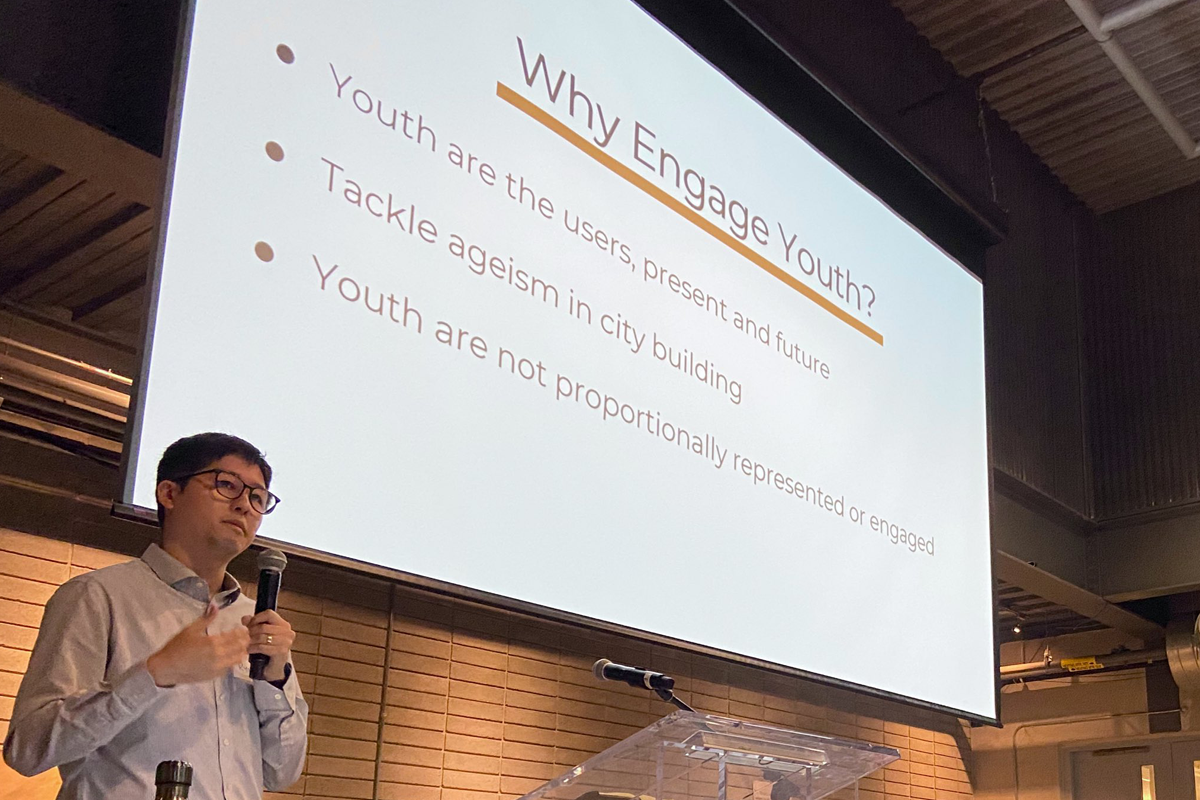
Tell us about yourself. Who is Ryan Lo?
I am an urban planner, designer, and community engagement strategist. My work is about bringing people together to make our cities better.
As Co-Executive Director of Urban Minds, I bridge the gap between youth and decision-makers in large-scale projects and grassroots initiatives. I specialize in developing youth engagement strategies and events for municipalities and community partners.
I have extensive community engagement experience in planning policy, urban development, placemaking, and transportation in Canada and the US. My previous roles included senior public consultation coordinator at the City of Toronto, planning and policy advisor for Councilor Shelley Carroll, and project coordinator at 8 80 cities.
After working for a few years in distinct roles, how did you start thinking about creating an organization to serve youth?
The idea started while pursuing my master’s degree in urban planning. In the summer before my final year of school, I took a group of teenagers on a field trip as part of a youth leadership camp. When the group asked me about my field of study and career goals, I realized that they, like many of their peers across the country, did not know what urban planning was and were taught little about how our cities were planned and designed. When I returned to school in the fall, I also saw how professional planners did not seem to know how to engage youth in their work either. I decided that I was going to focus my master’s research on youth engagement and continued that work after graduation by co-founding Urban Minds as a non-profit organization.
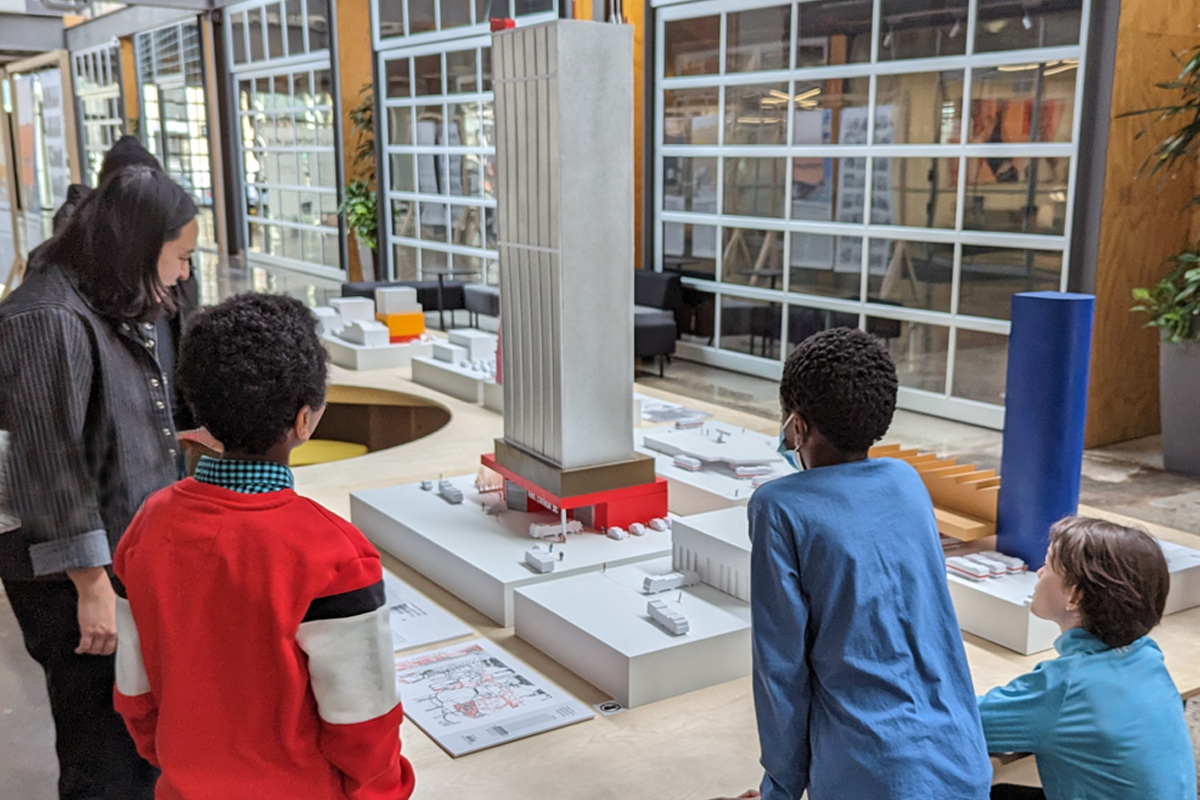
How did Urban Minds evolve into what it is today?
Urban Minds has been a passion project, a “side gig” for my partner Angela and me for the first seven years. We would plan workshops and events for youth in our spare time, and later, as the demand for youth engagement grew, we began to take on consulting work with municipalities and community organizations. Our growth is truly built on the countless hours of arduous work of our dedicated and passionate volunteers and the generosity of our sponsors and partners. To keep up with the growth, I made the leap of faith last year to transition into a full-time role with Urban Minds. We are excited to continue expanding our team and presence to bring more youth into the city-building process.
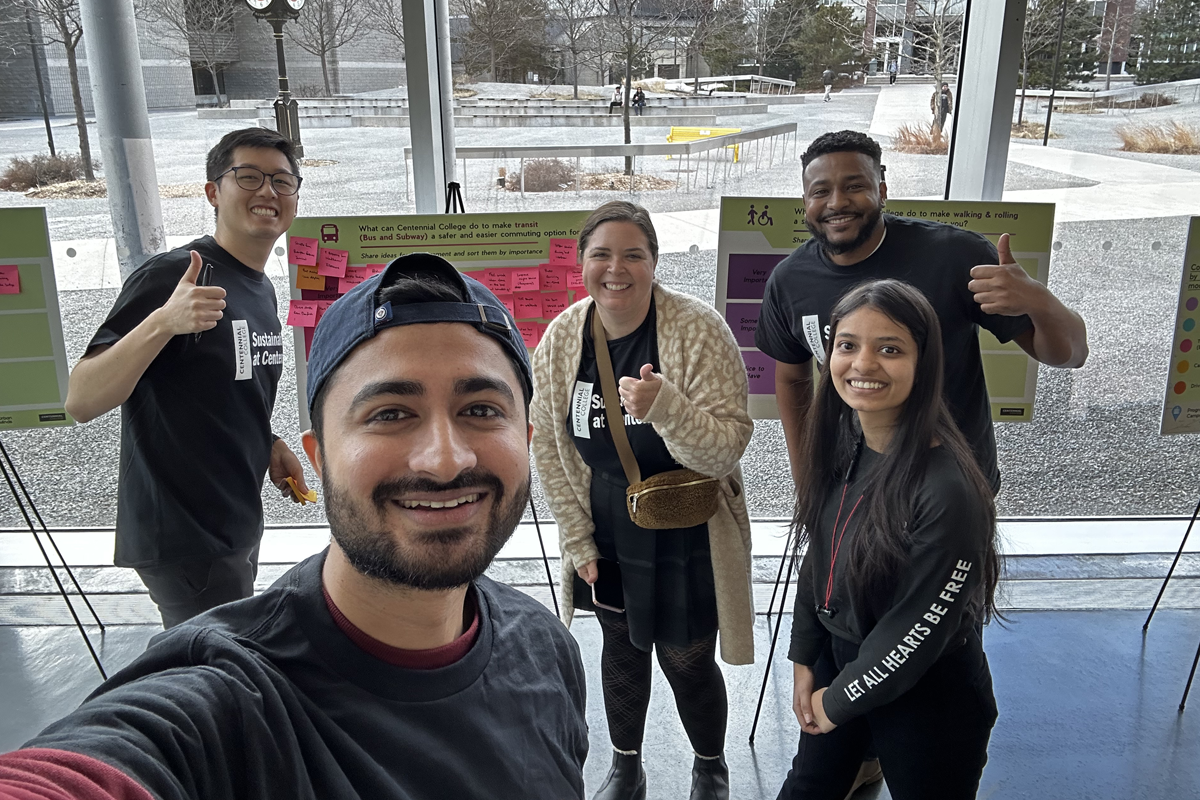
What is the importance of including youth/young voices in city planning?
I believe that youth can be capable, active co-creators in city planning if they can shine. Youth are at a unique life stage where they question and make sense of the existing systems and structures around them and are willing to challenge the status quo. They are unafraid to explore more imaginative ideas and propose progressive solutions to our complex urban challenges.
Since city planning is inherently a long-term exercise, often with decades-long timelines, it is essential to include those who will live to see and inherit the environment left behind by the current generation of decision-makers. This aligns very well with the 8 80 philosophy – we should be speaking to people, young and old, about what kind of city planning legacy should be passed down from one generation to another.
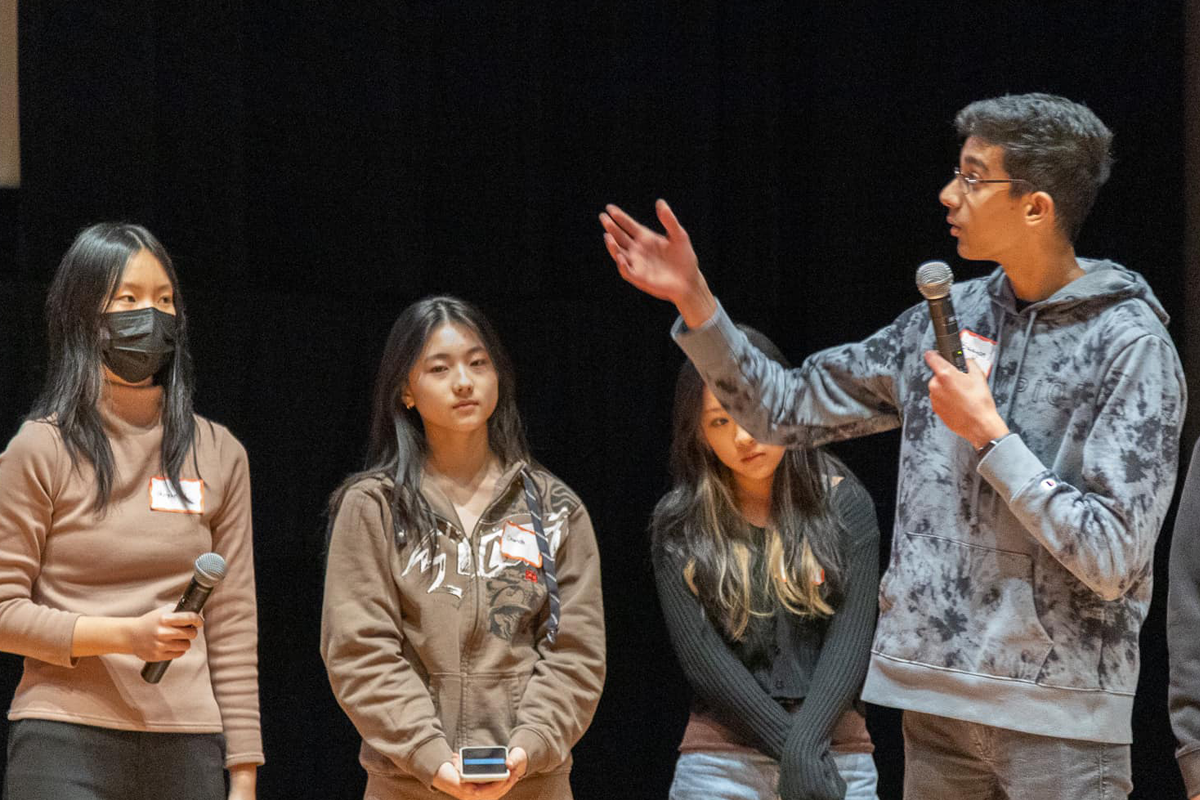
What is your experience with working with youth?
Fun! It is inspiring to see the “aha!” lightbulb-flashing moments when our participants learn something new about planning and design. Seeing how our youth volunteers grow and mature to become leaders over time is rewarding.
Hearing their new and often pleasantly unexpected perspectives is also incredibly refreshing. Working with youth does come with its own set of challenges, though – youth operate at a different pace from adults, and the ways to reach and communicate with them are constantly changing. It keeps me on my toes.
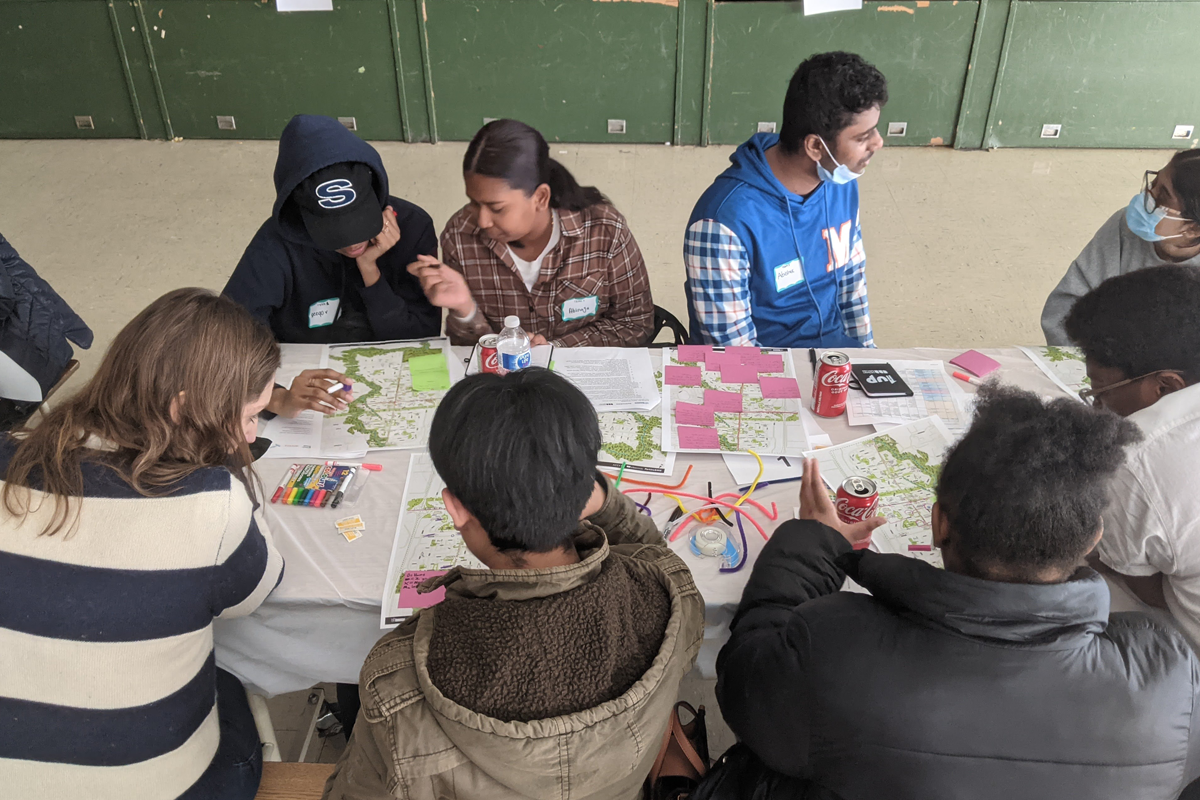
What is your advice to young people regarding inclusive city building?
- Question everything. It is quite easy to see and accept the world around us as it is now, but we know our cities have constantly evolved over generations. As a youth, you are in the best position to wonder whether there is a better way to shape every part of our cities, one that will make them more equitable and sustainable for future generations.
- Speak up. Do not keep your thoughts to yourself. Once you start sharing your ideas for a more inclusive future, you will be surprised by how receptive the people around you are.
- Take action. If you believe in an idea that nobody else is trying yet, then maybe it’s time for you to take the lead! As a former team member and now a collaborator with 8 80 Cities, I had the privilege to witness so many wonderful examples of young people taking action in their communities with the support of the Ontario Community Changemakers and Emerging City Champions programs. Once you set a great idea in motion, you will find that others will soon begin to join you.
The last interviewee, Parinita Rajagopalan, asked how municipalities can best work with community organizations and people doing this work to ensure they are inclusive and open to new ideas.
Thanks for the great question, Pari. As a former public servant, I would say it is all about bringing flexibility into the process and ensuring that there is a willingness to take on (reasonable) risks among the staff within the municipality. Working with organizations and folks outside the bureaucratic structure means you are inviting others to bring their ideas and lived experiences to the table. In most cases, they will be different and unfamiliar. Be willing to listen and try. There is always more room for experimentation than you might think.
And, finally, what is your question for the next interviewee?
The biggest challenge I see in the urban planning and design community is that we, as professionals, do not do a particularly good job communicating with the public (people of all ages) about what we do. How do you bridge that gap in your work?

